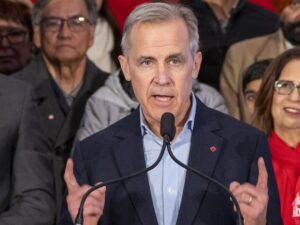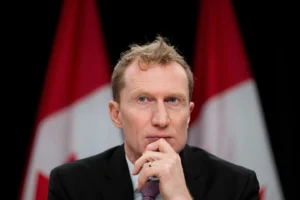Maryam Uwais, senior special assistant to the president on social investment, has defended the federal government’s social investment programmes (SIP).
Uwais said Aisha Buhari, wife of President Muhammadu Buhari who criticised SIP, would have been able to track all beneficiaries of the project if she had access to available data.
Speaking on Channels Television, the presidential aide said 190,000 beneficiaries are currently being paid under the investment programmes.
Buhari’s wife had said the programme being coordinated by Uwais has failed in the north.
She had specifically said she was told that 30,000 women from Adamawa would benefit from the programme but nothing of such happened.
“The SSA to the president on social investment is a lady from Kano and I’m sure that my husband decided to put somebody from Kano because of the population and political impact it made. I have never asked how the money is used or being given out,” she had said.
“I met one of the president’s aides on SIP once and he promised me that for my state (Adamawa), N10,000 each would be given to 30,000 women but up till now, I haven’t heard from him.”
But speaking during the live programme, Uwais said Aisha spoke without the knowledge of available records on SIP.
She said, for instance, that the conditional cash transfer programme is ongoing in 12 local governments in Adamawa, while over 11,000 graduates have been recruited in a similar package.
Uwais said: “I believe that if she (Aisha) were to listen to the information they have there, if she were to check on our data, she would be able to track all the beneficiaries.
“Yes, she may not have met them. But we are in 12 local governments for the cash transfer. And we are also in 12 LGAs for the loans. So, I think we have at least 290,000 beneficiaries directly that we are paying in Adamawa state.”
Uwais said the school feeding programme is also ongoing in over 1,000 public primary schools in Adamawa and that much more could have been done with more funding.
“I’m saying that we have over 11,000 graduates recruited and working in her home state. We have non-graduates, 440; we started the school feeding programme in October 2018, we are in 1,054 public primary schools,” she said.
“And if we’ve done about 300,000 beneficiaries directly, I believe we could do so much more if we have sufficient funding. We have only scratched the surface in the sense that we don’t have the sufficient funding to address.”









